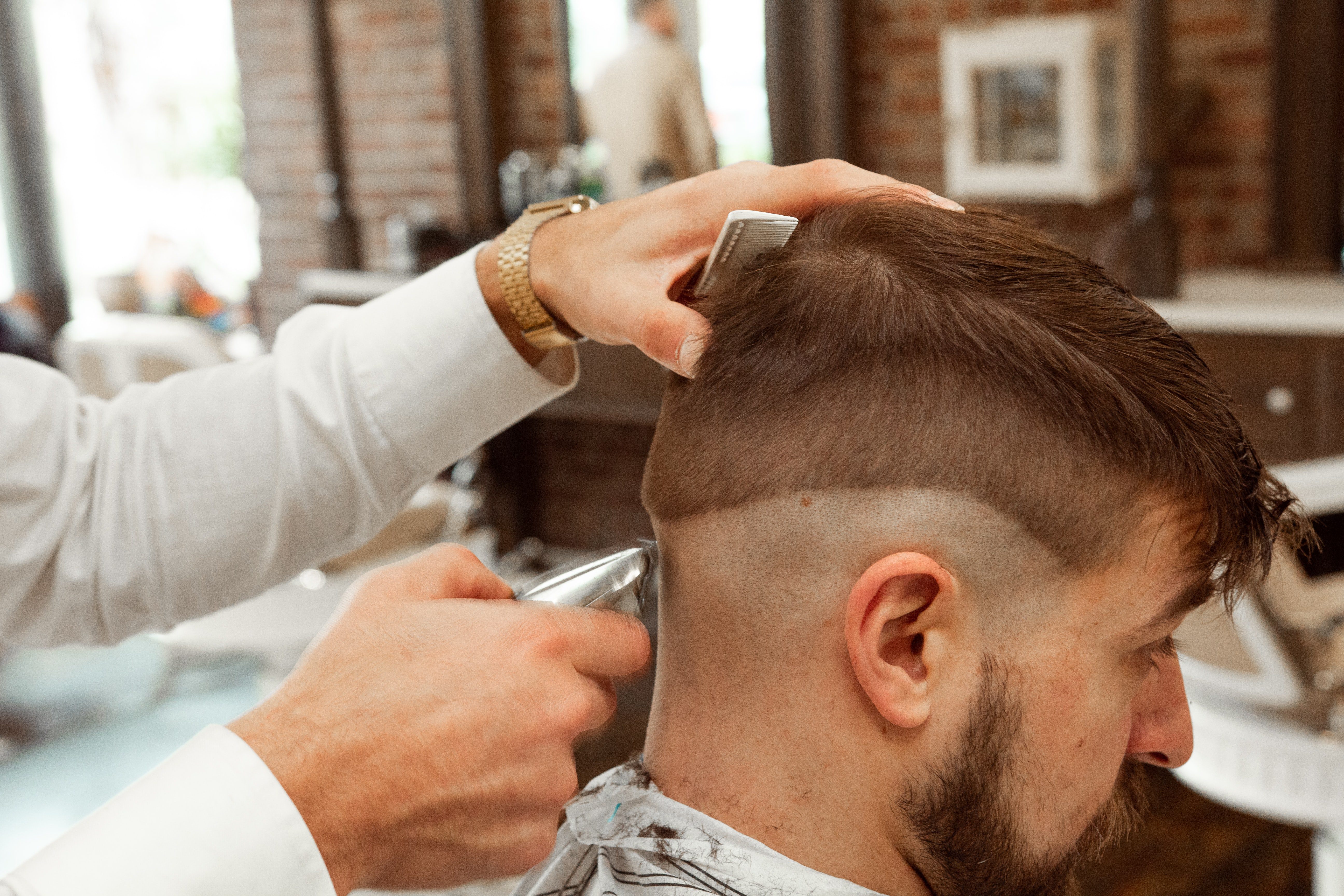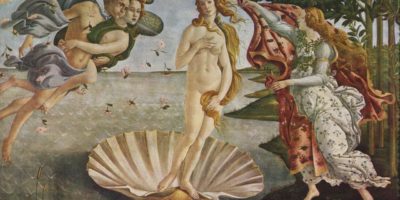
DJ in yellow and blue. Photo by Vinicius “amnx” Amano on Unsplash
Top 10 Fascinating Facts about Shabba Ranks
Rexton Rawlston Fernando Gordon, better known by his stage name Shabba Ranks, is a popular Jamaican dancehall music artist. Ranks started his career in 1985 and have worked in the reggae, reggae fusion, dancehall, and ragga genres.
Throughout his career, he was among the most famous dancehall musicians of his generation and is also among the first deejays who got worldwide acceptance. Ranks are best known for his rough voice and slack lyrical expressions and have worked with the label Epic.
1. Shabba Ranks was born in Sturgetown, St. Ann, Jamaica

A1, St Ann’s Bay, Jamaica. Photo by rh43 – Wikimedia Commons
Rexton Rawlston Fernando Gordon was born in 1966 in Sturgetown, St. Ann, Jamaica, unlike many of his contemporaries in Jamaica, Ranks got recognition mainly through toasting and not singing. She hailed from St. Ann, the same parish as Bob Marley and Burning Spear.
He worked with several rappers and deejays including Cocoa Tea, Chuck Berry, Crystal, Chubb Rock, and KRS-One.
2. He produced several hit singles including “Dem bow”, “Mr. Loverman”

A musician on the stage. Photo by Chris Ainsworth on Unsplash
Throughout his career, he produced several hit singles including “Dem bow”, “Mr. Loverman”, “Trailer Loads A Girls”, “Ting A Ling”, “Respect”, “Wicked Inna Bed”, and “Pirates Anthem” among many others.
Moving to the capital at the age of eight, he was raised in Trenchtown and remembers getting involved in music from the ground up: He worked collecting discarded bottles at street dances when he was 14.
3. He started performing with legendary artist Admiral Bailey

Deejays on the desk. Photo by Feliphe Schiarolli on Unsplash
He started performing with legendary artist Admiral Bailey on the Roots Melody sound system in the early 80s, and fellow deejay Josey Wales introduced the young talent to then-super-producer King Jammy.
By the end of the decade, Shabba Ranks was a bona fide superstar in Jamaica, and Epic took notice, signing him in 1989. In a 2012 interview, Shabba said that he was a troublemaker as a young man– in his words, “me not a soft soap inna wata.” And he certainly got himself in trouble just as his star was rising worldwide.
4. Rank took a break from his busy career in 1999

A man at work. Photo by Scott Graham on Unsplash
Rank took a break from his busy career in 1999 but rejuvenated it once again in the year 2007. In 2013, Ranks was reportedly working on a new album. The sound of Shabba is, outside of Jamaica, synonymous with the sound of dancehall.
An artist who was originally dubbed Co-Pilot, he thankfully changed this less-than-memorable moniker to a name that can also be a verb (one can, for example, engage in “Shabba Ranking”).
5. Shabba Ranks stood out from his ladies-man image and signature Gumby haircut

A man taking a haircut in a barbershop. Photo by Michael DeMoya on Unsplash
His ladies-man image, signature Gumby haircut, flowing suits, manicured eyebrows, and the aforementioned gold jewelry, made him stand out.
But it was his deep, gravelly, staccato vocals alongside some terrifically danceable rhythms and contagious hooks that led to a major label record deal in the States.
6. Shabba’s vocal style is that of a “deejay,”

DJ at work. Photo by Marcela Laskoski on Unsplash
Shabba’s vocal style is that of a “deejay,” the Jamaican term for what in hip-hop is the MC, stemming from the late 1950s, when Jamaica’s mobile sound system selectors would imitate American radio DJs as they introduced songs.
These intros eventually bled into the songs themselves. Shabba was not the first deejay to be signed to a U.S. major– Yellowman, Lieutenant Stitchie, and Super Cat had all been picked up previously– but he is arguably the definitive artist of the genre, even though he disappeared from the spotlight after the early 90s.
7. It is amazing how much of a response a Shabba tune still gets in Jamaica

Acoustic guitar player in pale light. Photo by Gabriel Gurrola on Unsplash
Even after having virtually no hits for almost 20 years, it’s amazing how much of a response a Shabba tune still gets in Jamaica.
With hit after hit, Shabba won back-to-back Best Reggae Album Grammys in 1991 and 1992 (for X-Tra Naked and As Raw as Ever, respectively). But it was the end of the line when, on December 4, 1993, broadcast of the UK show “The Word”, Shabba revealed his support for the virulently homophobic views many Jamaican dancehall artists have since become infamous for.
Shabba issued an apology, but his career never recovered– and saying sorry, along with his focus on the crossover market, meant that he was viewed as a watered-down apologist in Jamaica.
8. Shabba eventually moved from Kingston to New York

Stockade District, Kingston, New York, USA. Photo by Daniel Case – Wikimedia Commons
He eventually moved from Kingston to New York. Though his offensive views caused Shabba to disappear from the public eye, his music has had staying power.
Because of the sheer number and popularity of his songs, no reggae set anywhere– from nightclubs to weddings– seems to happen without at least a little bit of “Mr. Loverman” or “Twice My Age”.
Even after having virtually no hits in almost 20 years, it’s also amazing how much of a response a Shabba tune still gets in Jamaica. It’s not surprising to hear four, five, or even six Shabba Ranks songs played in a row to an appreciative crowd.
9. Shabba has crowned himself Emperor for the title of King of the Dancehall

A Deejay playing in a forest. Photo by Cristi Tohatan on Unsplash
Beenie Man and Yellowman may contest each other for the title of King of the Dancehall, but, in a Napoleonic move, Shabba has crowned himself Emperor.
Last summer, there was quite a hullabaloo in Jamaica surrounding his prodigal return for a performance at the country’s annual reggae and dancehall music showcase, SumFest– his first Jamaican gig in more than a decade; as part of his extensive introduction, veteran Jamaican radio DJ Barry G reminded the crowd that a whole generation had not witnessed the stage-stylings of Shabba.
10. Shabba possesses stage presence that puts contemporary deejays to shame
Along with a catalog of hits, Shabba also possesses a stage presence that puts contemporary deejays to shame. He easily put on the best show of Sumfest (and left out any offensive lyrics).
At the end of the night, Shabba brought his wife and sons up on stage.“Not only gunshot can come out of the ghetto,” he said, “I’m a natural proof of ghetto progress.” In the 90s, Shabba Ranks introduced dancehall to the rest of the world. Perhaps it’s just taken a couple of decades for American music to get fully acquainted.
Planning a trip to Paris ? Get ready !
These are Amazon’s best-selling travel products that you may need for coming to Paris.
Bookstore
- The best travel book : Rick Steves – Paris 2023 – Learn more here
- Fodor’s Paris 2024 – Learn more here
Travel Gear
- Venture Pal Lightweight Backpack – Learn more here
- Samsonite Winfield 2 28″ Luggage – Learn more here
- Swig Savvy’s Stainless Steel Insulated Water Bottle – Learn more here
Check Amazon’s best-seller list for the most popular travel accessories. We sometimes read this list just to find out what new travel products people are buying.











